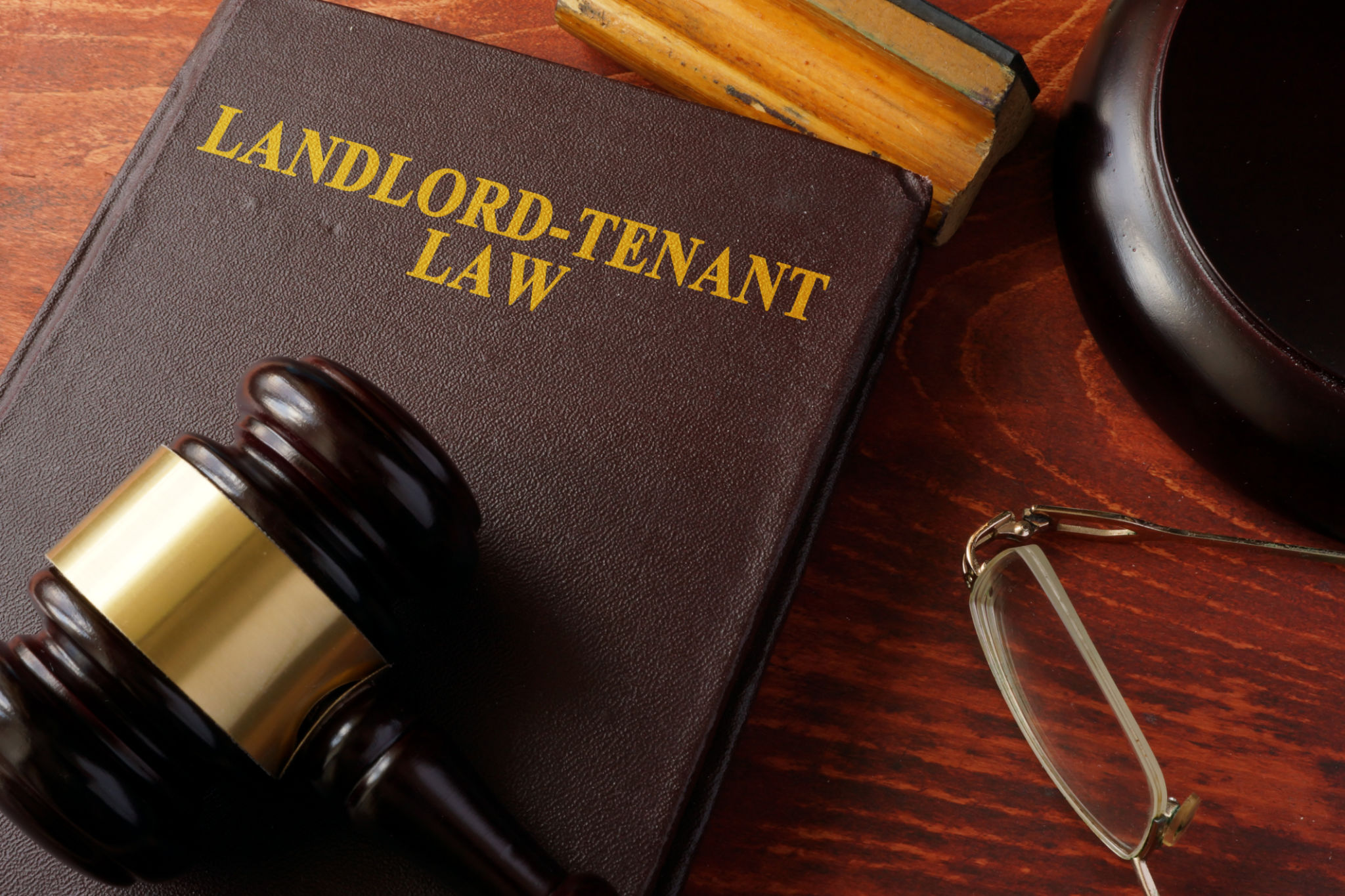Building Strong Relationships with Local Housing Authorities: A Landlord's Guide
Understanding the Role of Local Housing Authorities
Local housing authorities play a crucial role in managing and overseeing public housing and rental assistance programs. As a landlord, establishing a strong relationship with these authorities can be beneficial for ensuring compliance with regulations and enhancing your reputation in the community. Understanding their role is the first step in building these relationships.
Housing authorities are responsible for administering various programs, such as Section 8 Housing Choice Vouchers, which provide rental assistance to low-income families. By partnering with these agencies, landlords can gain access to a larger pool of potential tenants and contribute to the community by offering affordable housing options.

Benefits of Building Strong Relationships
Developing a strong connection with local housing authorities offers multiple benefits. Firstly, it can lead to increased occupancy rates, as being listed as a preferred landlord can attract tenants who rely on housing assistance. This also opens up opportunities for landlords to receive reliable rental payments, as housing authorities often guarantee a portion of the rent.
Moreover, maintaining a good relationship can provide landlords with valuable insights into any upcoming changes in housing policies or regulations, allowing them to stay ahead and adapt their practices accordingly. This proactive approach can help avoid potential compliance issues and ensure that properties remain in good standing with local authorities.

Effective Communication Strategies
Communication is key when it comes to building relationships with local housing authorities. Establishing open lines of communication ensures that any questions or concerns can be addressed promptly. Regular meetings or check-ins with housing authority representatives can help foster trust and understanding.
Additionally, being responsive to inquiries and requests from housing authorities demonstrates professionalism and commitment. Consistent communication helps build a positive reputation and shows that you are invested in maintaining a cooperative partnership.
Utilizing Technology
Leveraging technology can further enhance communication efforts. Consider using online platforms or portals that housing authorities may provide for landlords. These tools can streamline processes such as submitting documentation or reporting maintenance issues, making interactions more efficient.

Compliance and Best Practices
Adhering to regulations is essential when working with local housing authorities. Familiarize yourself with the specific requirements for landlords participating in housing assistance programs and ensure that your properties meet these standards. Regular inspections and maintenance can help prevent any compliance issues from arising.
Adopting best practices, such as maintaining thorough records and documentation, can also aid in demonstrating compliance. Being organized and prepared will not only facilitate smoother interactions with housing authorities but also protect your interests as a landlord.
Networking and Community Involvement
Engaging with the broader community and participating in local events can strengthen your relationship with housing authorities. Networking with other landlords and industry professionals provides opportunities to exchange knowledge and experiences. Additionally, showing active involvement in community initiatives reflects positively on your commitment to supporting local housing efforts.

Conclusion
Building strong relationships with local housing authorities is an essential aspect of successful property management for landlords involved in affordable housing programs. By understanding their role, communicating effectively, adhering to regulations, and engaging with the community, landlords can foster mutually beneficial partnerships that enhance both their business operations and the well-being of tenants.